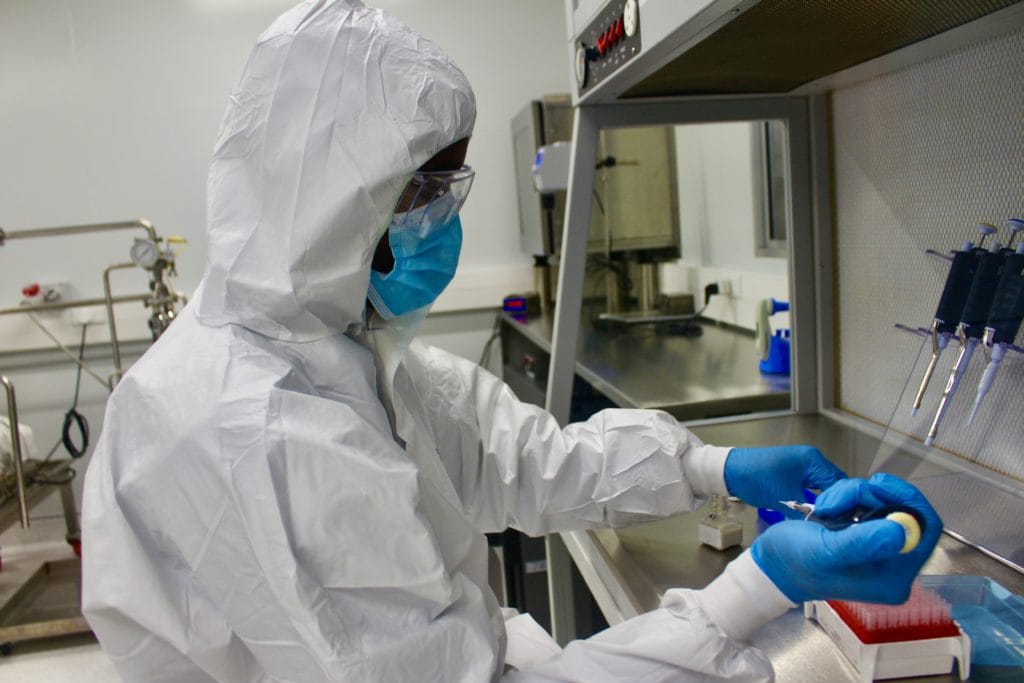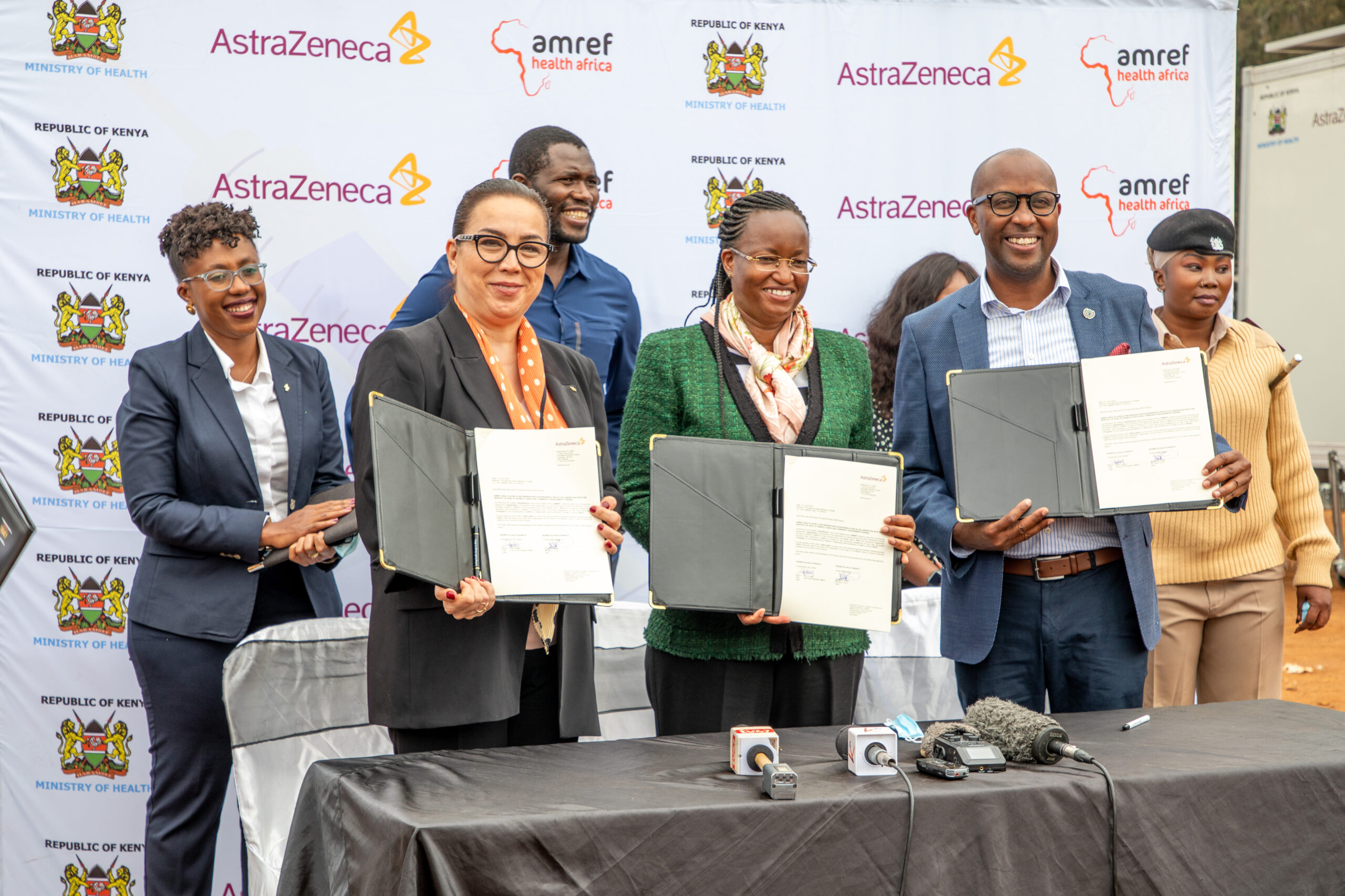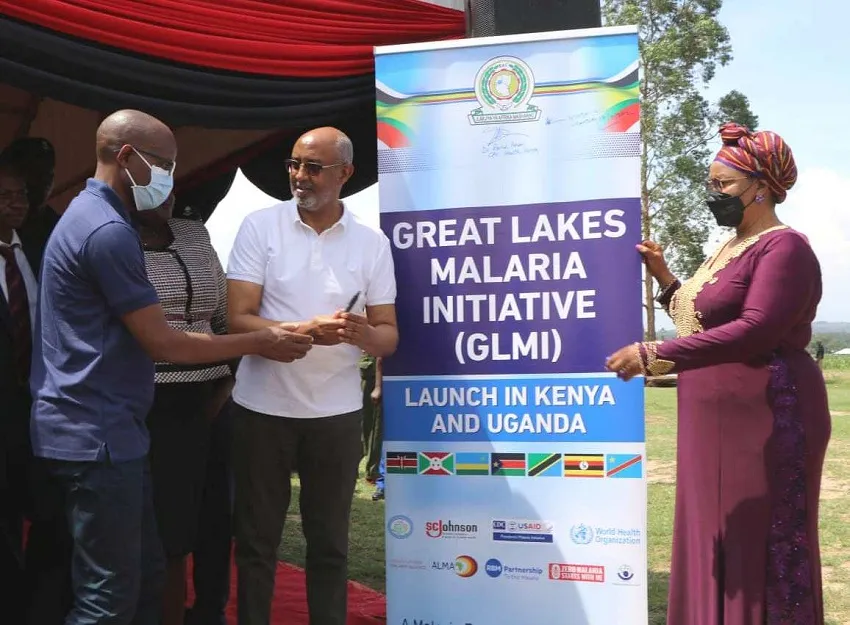Water and Sanitation clubs in primary schools in northern Uganda – Monica, 15 year old student
Thursday, 18 May, 2017
Madi Kiloc Primary School is situated in the Lamwo district of northern Uganda. It is a very remote and under developed region of Uganda, which suffered from almost two decades of civil war. An estimated 1.8 million people were displaced from their homes and forced to live in camps across northern Uganda. Since 2006 people began returning back to their homes in the north. Infrastructure throughout the north was left devasted after the war but people are now rebuilding their lives. Access to clean water and santation facilities remains low in northern Uganda with 80% of schools having no water supply and 65% of schools lacking handwashing facilities. This results in a range of diseases including diarrheal disease, typhoid, trachoma, skin diseases etc. Amref Health Africa is supporting recently settled IDPs to improve their access to clean and safe water and sanitation facilities.
Amref Health Africa, with the generous support of the Jersey Overseas Aid Commission (JOAC) supported 20 primary schools in Lamwo and Agago dsircits of northern Uganda to rebuild their water and sanitation hardware and to improve hygiene for 13,111 primary school children. The project took place from January to December 2015. The school compound had previously been used as an IDP camp during the war and there was open defacation on the land, but people have since resettled back in their homes and the schoolopen again for the students. Northern Uganda has very long dry spells and it gets very hot, so there is a need for large water collection facilities to store water over the dry periods.
In Madi Kiloc primary school, the project supported a new borehole to get clean water, a rainwater harvesting tank, and built a new latrine block with 5 cubicles. This has dramatically changed the life for students, particularly for girls menstruating who previously had no where to wash. It supported the School Health Club to promote good hygiene knowledge and practices including good hand washing, cleaning of the latrines. Murals and artwork painted around the schools, known as “talking compunds” display positive health messages on menstruation and hand washing, which act as daily reminders to the children.
Before the JOAC funded project started, the school popoulation was 280 students, and now it has increased to 310. Improved hygiene and sanitation facilities have attracted more pupils to the school. There have been no new cases of malaria at the school since the WASH facilities were built and the school health club activities began, reducing the amount of absenteeism due to illness.
Monica is 15 years old. She walks to school each day from her village, 4km away. As Secretary of the School Health Club, part of her responsibilities include ensuring the rota is drawn up so that the children know when it is their turn to clan the latrine, and ensuring the cleaning materials are available. There is a work plan for the school health club, displayed in public view on a notice board in the middle of the school compound so that all can see the aims and monthly activities of the club. The children are supported by the Parent Teacher Association and the School Management Committee who budget for the operation and maintenance of the infrastructure to ensure that the project activities are sustainable. She and her fellow students take their responsibilities seriously and it is clear to see how much it means that they have clean and safe toilet facilities and places to wash.
Since being trained as a school health club member, she has made sure her parents have set up hand washing facilities at home and she talks about the positive health messages she has learnt at the school health club.
“My proudest moment was when we won the inter-school competition in November 2015. We performed songs and poems about the importance of good samitation and hygiene. Our prize was a cow, which has since had a calf. We milk the cow (called Laleng – one who is always clean) and sell it to raise money for the school health club, to buy cleaning materials for the latrines.”







